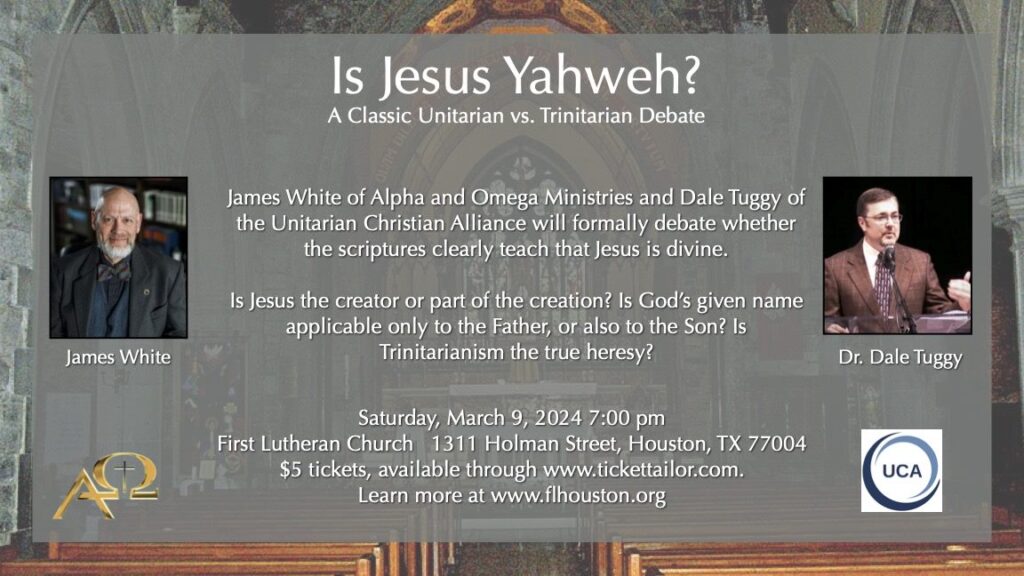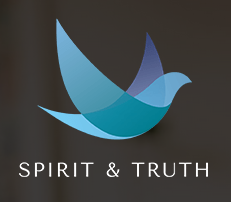
We are thrilled to again have Compass Christian Church from Louisville, Kentucky, as a UCA Conference Partner. You may remember Pastor Will Barlow from his interview with Mark Cain on the UCA podcast (50. Church Plant) where he described how God had directed the formation of this new church. He described the process of faithful planning which took many months, coming to fruition in the Fall of 2022.
To connect with their group of husbands, wives, mothers, fathers, engineers, a nurse, soccer coaches, writers, programmers, Bible nerds (just to list a few), follow them on Facebook where they stream their services. And if you’re in the Louisville area, be sure to check out the Sunday morning service or another event at this dynamic, young church. I have been to a few services there, and I love Will’s preaching, the genuine worship, the welcoming believers, and the whole vision of the church.
We are overjoyed to have a local body of believers represented this year as a Conference Partner. May we return the blessing to them through our prayers and support. Be sure to stop by the table at the conference to meet them and find out how this church plant is going.




